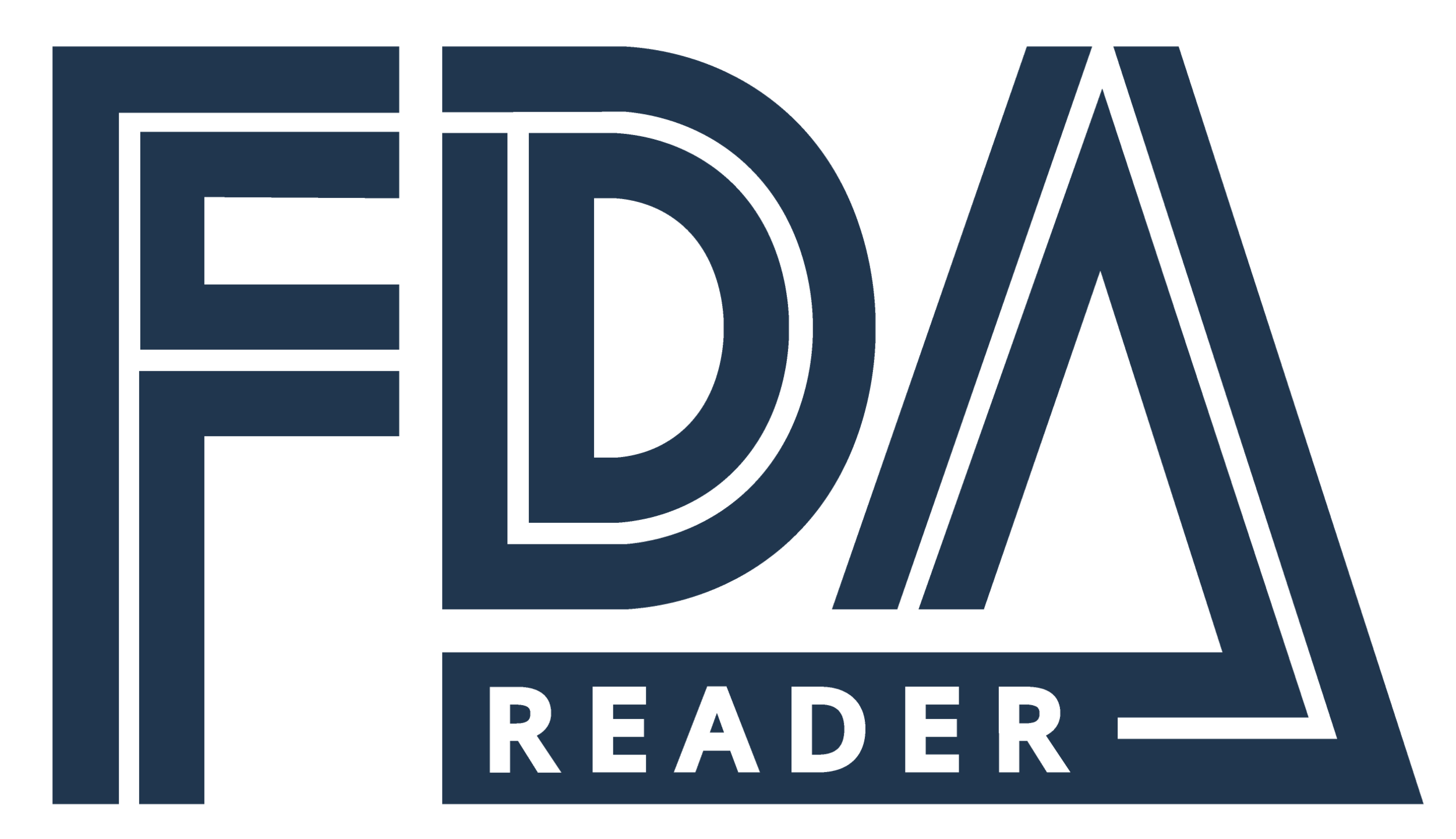What Exactly Are Nutraceuticals?
According to the industry, nutraceuticals are ‘pharmaceutical grade’ nutrients that are consumed for a health benefit. In reality, they are vitamins, minerals, herbs, and extracts.
But you won’t find the word “nutraceutical” in federal law. The only place it appears on the FDA website is in the names of companies that have received warning letters for violating the FDA regulations.
According to the FDA regulations, most nutraceuticals would be categorized as “dietary supplements”. These are extracts, concentrates or combinations of vitamins, minerals, botanicals, herbs, or dietary substances “for use by man to supplement the diet by increasing the total dietary intake.”
When is a Nutraceutical a Drug?
One of the primary indicators between dietary supplements and drugs relates to health claims. Whereas a dietary supplement is meant to provide nutrients, a drug is designed to treat illness or disease.
So, in order to maintain classification as a dietary supplement (and avoid the FDA’s strict drug approval process), Nutraceuticals must maintain that they are not intended to treat, diagnose, prevent, or cure diseases. So, no label claims about treating pain, or preventing cancer.
How Are Nutraceuticals Regulated?
Producers of nutraceuticals classified as dietary supplements are required to register their facility with the FDA. Much like foods, producers of nutraceuticals are expected to comply with Current Good Manufacturing Practices -- these outline facility standards, employee practices, and sanitation requirements, to ensure that the product is produced in a safe manner.
Labeling standards for dietary supplements are lumped together with those for foods. However, there are unique expectations for how dietary supplements are marketed and what claims they can make.
For the complete set of regulations on producing dietary supplements, check out the guided question set in 21 CFR 111
















